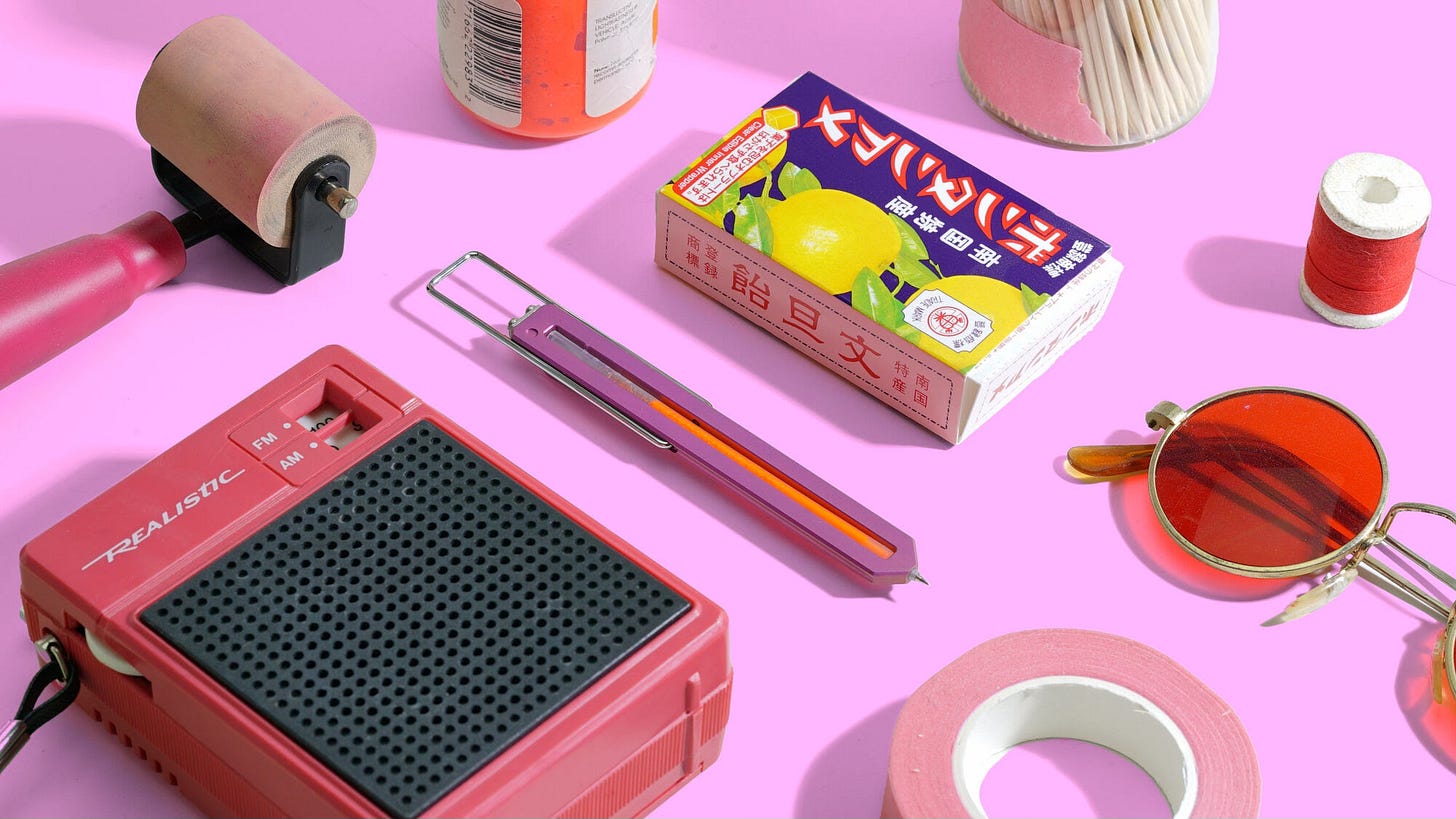
Hello from the first five-day week in September. (Here in the U.S., at least.) I’m Diana Kimball Berlin, a partner at Matrix leading concept through Series A rounds in B2B SaaS and AI startups.
It’s a big week out & about—I’ll be dropping in to SaaStr in San Mateo and going to the Acquired live show at Chase Center tomorrow night. Just hit reply if you’ll be around!
Here are five fragments that stuck with me last week…
advanced artificial intelligence makes the return of secret guild society likely, because the only way of preventing models from learning a skill and automating labor will be a meticulous effort to keep know-how undocumented, closely held, and obscure
– Tim Hwang on Threads, September 7, 2024. Been thinking about this a lot since Tim posted it; I find him to be one of the top prophets of second-order effects generally. (The book Age of Em is also good on this front.) Also brings me back to when we started ROFLCon with a ragtag crew of our friends.
I literally looked around my office and created an icon for everything I saw.
– David Canfield Smith, “SIGCHI Lifetime Practice Award Talk: Icons, Metaphor, and End-User Programming (CHI 2020),” May 2021, quoted in this article by Benj Edwards. Still on the Smith thread from last week. A good reminder that the metaphors that end up sticking can often be traced back to a matter of convenience at a fleeting moment in time.
The thing about VC-adjacent writing and theorizing is that it's such an odd slice of the economy. Not an unimportant one, of course, but getting business advice from a VC is like getting life advice from one of those orchids that can only be pollinated by one particular species of moth.
– Robin Sloan on Threads, September 3, 2024. This is so funny to me, but also so true. (You may remember Robin from past references to his new novel, Moonbound.)
…the production of a unique final good requires a series of tasks to be performed, and these tasks can be allocated to either capital or labor, which have different comparative advantages. Automation corresponds to the expansion of the set of tasks that are produced by capital (including digital tools and algorithms).
– Daron Acemoglu, “The Simple Macroeconomics of AI,” April 5, 2024. Linked by Robin. As the daughter of a macroeconomist, this speaks to me.
On my bike ride over to pickup, I was thinking about that photoshoot of the pink pen from today, and about the injera I've been prepping all week. And how overcomplicating everyday things like taking a picture of a pen or making dinner can often make the process more enjoyable, regardless of the outcome.
– Taylor Levy & Che-Wei Wang of CW&T in the latest edition of their newsletter, Unresolved, sent on September 8, 2024. I think of myself as one of CW&T’s biggest fans—I’ve known them since their original Kickstarter days in 2011!—and so was of course over the moon when they won a National Design Award for Product Design from Cooper Hewitt in 2022 for their beautiful pens. The photo at the top of this post + Taylor’s & Che-Wei’s reflections here only renewed my affection: they’re so thoughtful, so perceptive, and always going above and beyond—not just because of ambition, but as a way of finding joy.
Until next time,
Diana
https://dianaberlin.com


